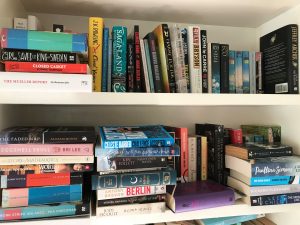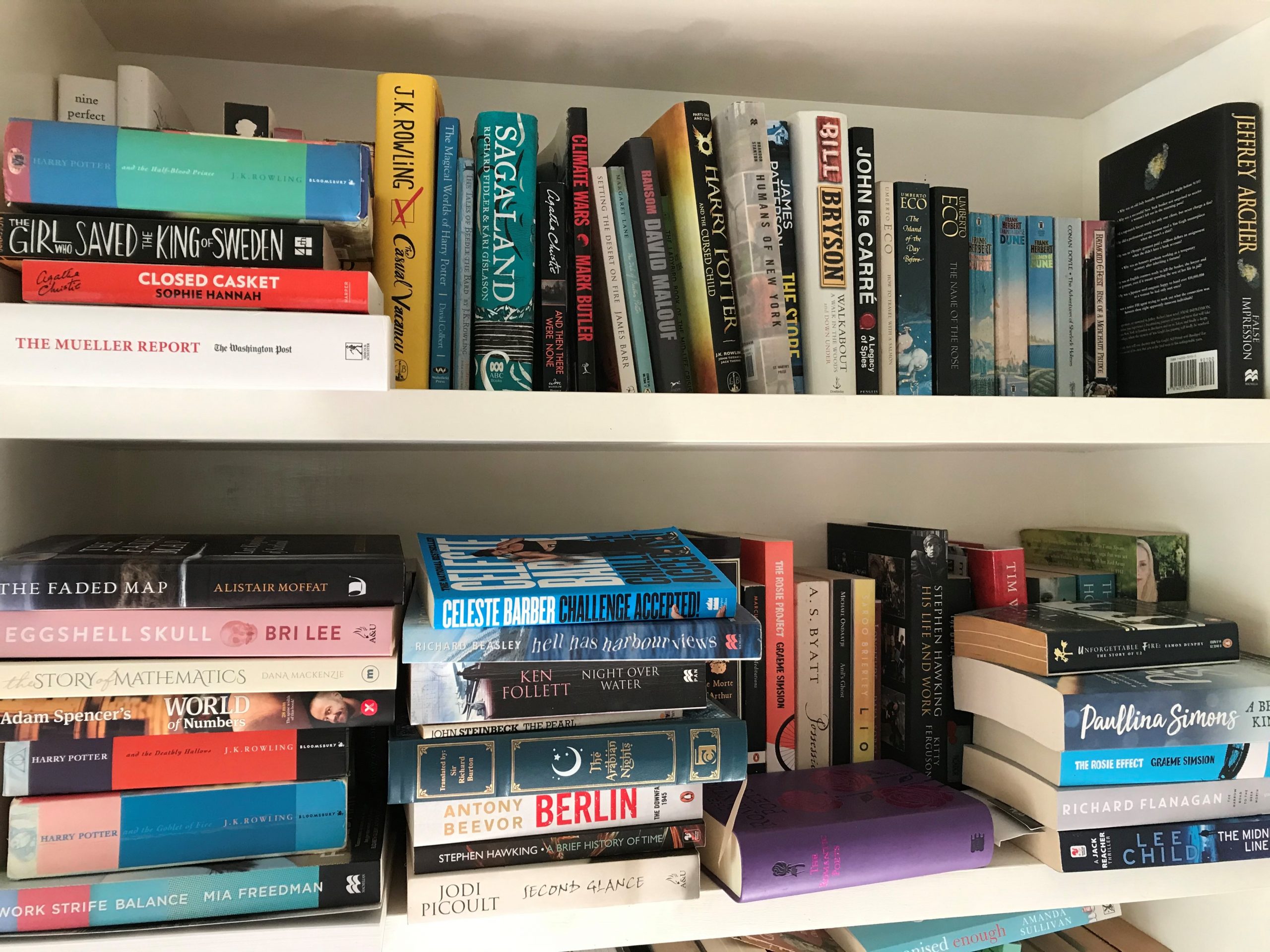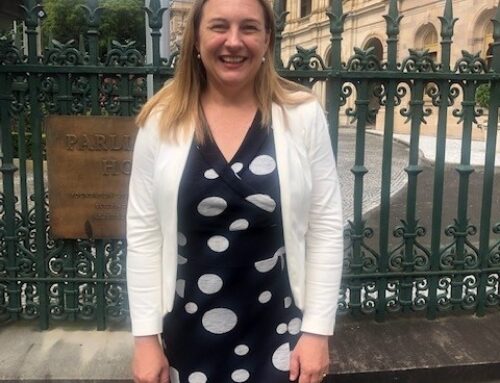Forget Rugby or Cricket, our favourite national sport is undoubtedly making fun of Arts graduates.
I get it all the time. In the last week alone I have had this old nugget from our IT guy:
What did the Arts graduate say to the business graduate… Do you want fries with that?
And from our accounts manager:
Arts is a call centre job
Now the federal government has weighed in with the proposal to up the cost of humanities degrees to ensure that more of our school leavers get degrees that will make sure they are “job ready” in our troubling economic times. Ironically, the most common educational background of our parliamentarians is my own degree combination – Arts/Law – followed by Renee’s combination of Economics and Law.
I completed a combined degree in the previous recession. I could wax lyrical about how much my Arts degree has added to my quality of life. My mind was blown wide open by the awesome academics I worked with at the University of Queensland. My love of lifelong learning and sharing ideas was set on fire when I studied History and Literature as well as my major in Government. However, I know that this seems self indulgent when the economy is taking and everyone is worried about putting food on the table.

Instead, I will reflect on my observations in my career as a personal injuries lawyer and the need for agility in the workforce if we are going to be internationally competitive and maximise our lifetime earnings.
The only certainty for any of us in our working lives is change. For our clients, that change often comes like a sledgehammer. We have acted for young electricians happily enjoying a good lifestyle from their trade only to suffer an injury that restricts them to a sedentary career. Then there is the teacher who loses their voice and needs to transition out of the classroom. Back injuries are almost a stereotype for our beleaguered nurses. Post traumatic stress disorder has sadly forced corrective services officers and police into a career pivot.
These experiences have caused me to be a fierce advocate for school based traineeships. The trades offer a wonderful career opportunity for many school leavers but it is helpful for them to complete Senior English to leave open options for further study if they need to change direction.
Career ending injuries for teachers, nurses, surgeons, optometrists and dentists indicate that career specific higher education is no promise of a secure future.
The benefit of more general degrees, whether they be in humanities or sciences, is that they allow career pivots. Whether the need for a pivot comes from a change in personal circumstances, a health crisis, a change in the job market or a global pandemic, we need to be prepared for it.
No one suggested in the mid 1990s that having an Arts degree would help me with my Law Firm’s blog posts. The word “blog” was not even invented.
A friend who trained as a lawyer overseas but married an Australian was able to utilise her Arts degree to transition into copywriting so that she did not need to take time away from her family responsibilities to change her qualifications.
Another friend who has a PhD in physics was not able to get research work in Australia but wanted to raise his family here. He pivoted into machine learning utilising his degree in a way that also could not have been contemplated in the mid 1990s.
As for the graduates working in fast food and call centres – the only Arts graduates I know working in a call centre have done it deliberately so they could free up their spare time for post graduate studies in one case and in writing a book in the other.
The economic future of our country depends on a diverse workforce. The economic future of ourselves depends on our capacity to manage change. Arts and humanities are important for both.


![Medical Records and Claims for Personal Injuries – Maher v Russell [2022] ACTSC 297](https://karelawyers.com.au/wp-content/uploads/2023/02/files.jpg)



